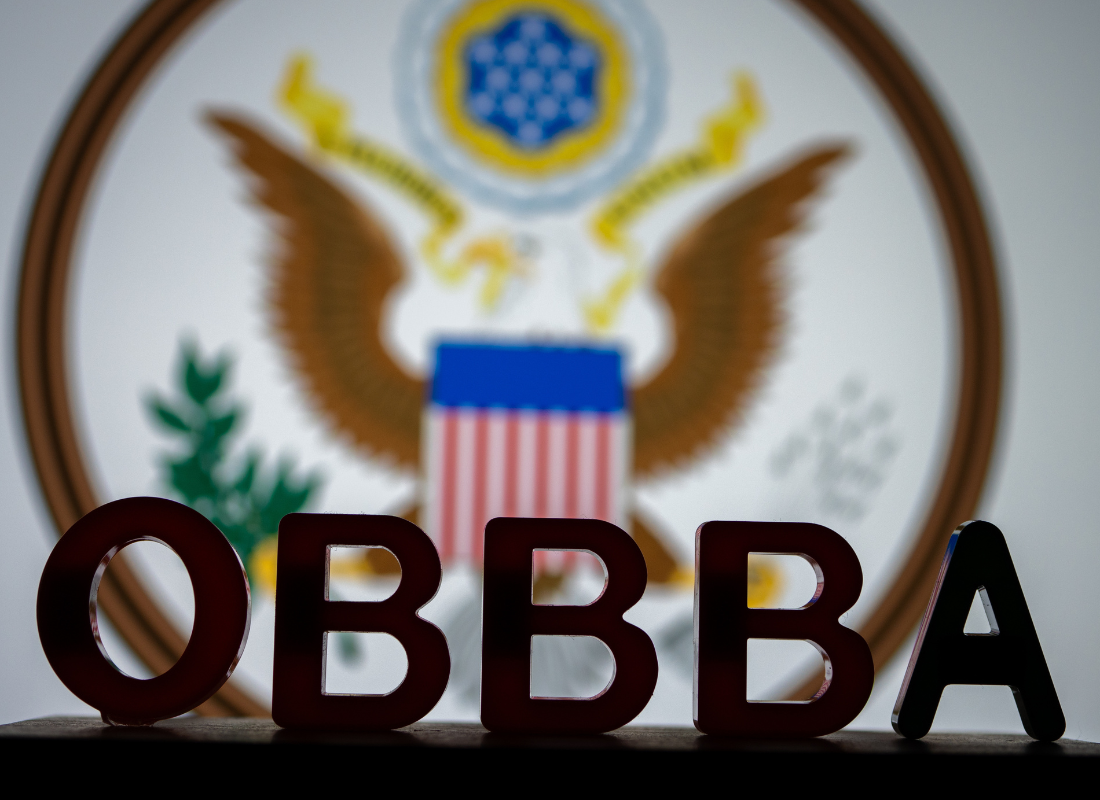Practical Application of GASB 96 for Universities and Affiliated Organizations
Originally published on September 18, 2023
Updated on December 19th, 2024
The Governmental Accounting Standards Board (GASB) Statement No. 96, also known as GASB 96, provides guidance on the accounting and financial reporting for subscription-based information technology arrangements (SBITAs). This standard has significant implications for universities and their affiliated organizations, such as athletics associations and foundations, that often have numerous multi-year subscriptions for software and other technology products.
Understanding GASB 96
GASB 96 defines an SBITA as a contract that conveys control of the right to use another party’s information technology (IT) software (alone or in combination with tangible capital assets) for a specified period. The standard requires organizations to record right-of-use assets and related liabilities for contracts that fall within its scope, similar to the requirements under GASB 87 for leases.
Common Questions About GASB 96
In our work with higher education institutions and their affiliated organizations, we’ve encountered several common questions about the practical application of GASB 96. Here are some of them.
1. Does GASB 96 apply to long-term agreements that can be canceled at any time?
No, GASB 96 does not apply to cancellable periods where either the institution or the vendor can terminate the contract without permission from the other party. The standard defines the subscription term as a period during which you have a noncancelable right to use the underlying IT assets. Cancellable periods, in which both parties have an option to terminate without permission from the other party, are excluded from the subscription term.
2. How are IT agreements charged on a per-user basis treated under GASB 96?
Variable payments, such as those based on the number of user seats, should not be included in the measurement of a subscription liability. They should be expensed when they are incurred unless any component of variable payments are fixed in substance.
3. Can we set a threshold for recording SBITAs as they do for leases under GASB 87?
Yes, colleges and universities can set a threshold for recording SBITAs. In fact, it’s common to see them refer to their capitalization thresholds when setting these. However, it’s important to note that thresholds for SBITAs could be higher or lower than GASB 87, depending on your institution’s or state’s statutes. So far we’ve seen that GASB 96 thresholds are often higher, as policies set capitalization of intangibles higher than those of real property. That said, you’ll need to confirm this with the policies your institution is required to follow. Additionally, your auditor will use judgment in determining the reasonableness of the thresholds and whether your financial statements could be materially misstated based on the number of SBITAs you have excluded.
GASB 96 brings new reporting requirements that are similar to those for leases under GASB 87. While implementing these requirements may require time and effort, it’s crucial not to let this override good business decisions in negotiating pricing discounts through long-term agreements. As always, reach out to your higher education CPAs for help in recording these agreements.
All content provided in this article is for informational purposes only. Matters discussed in this article are subject to change. For up-to-date information on this subject please contact a James Moore professional. James Moore will not be held responsible for any claim, loss, damage or inconvenience caused as a result of any information within these pages or any information accessed through this site.
Other Posts You Might Like

